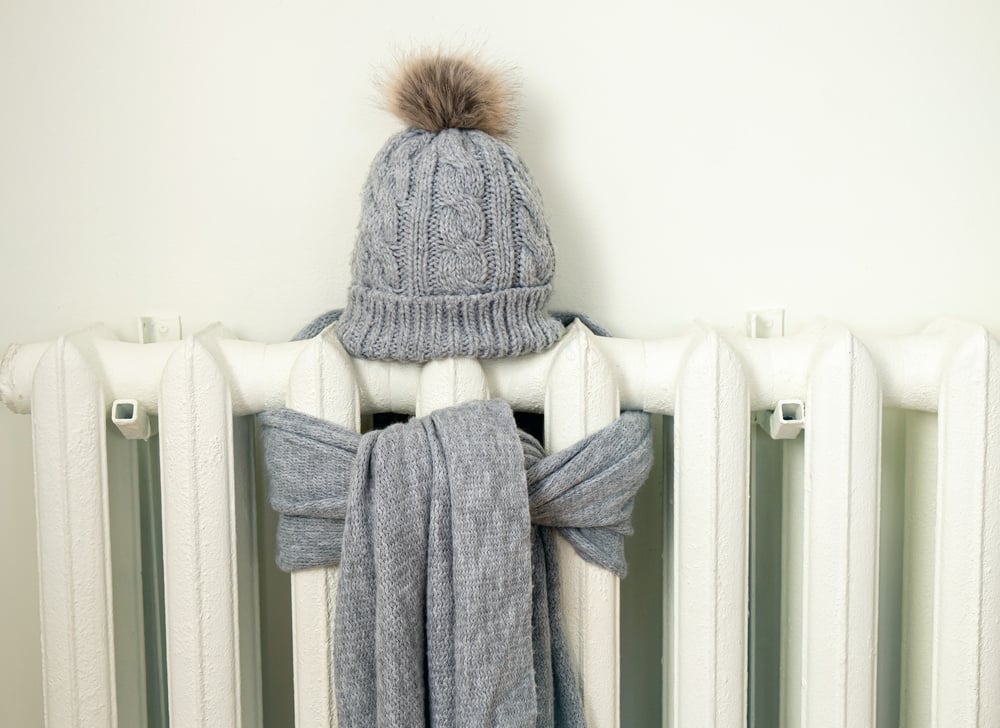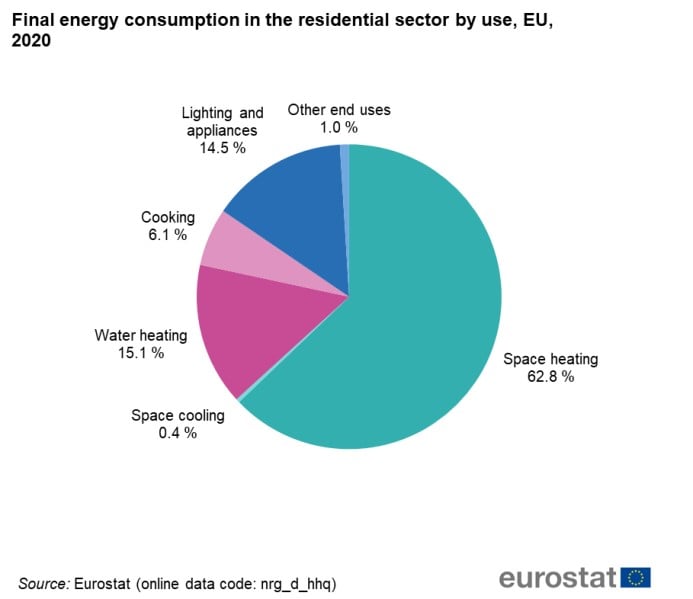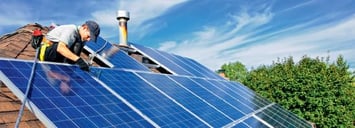
As Europe braces for the coming winter, governments and institutions have begun implementing plans and programs. What part can we play to cope with rising prices, energy austerity and manage energy better in our homes, workplaces and beyond?
Winter is coming
Imagine you wake up one day on a cold winter morning and see there is no hot shower. To process this shock, you go into the kitchen to prepare some hot coffee, and you find out that there is no electricity. Then you realized that there will be no electricity for next two hours due to rationing. Sounds like a nightmare? Well, it will not be long before this become our new reality if the current European energy crises has not addressed.
Governments are acting
As a result, several European governments have developed varied plans to mitigate the energy crisis. For instance, France urged its citizens to reduce their energy consumption by 10% for preventing the risk of rationing and cutbacks during the winter months. The Swiss government, on the other hand, launched "Energy is Scare." "Let's Not Waste It" is a campaign that encourages citizens to save energy by doing simple things like showering instead of bathing, washing at a low temperature, lowering the room temperature, and so on. A similar campaign being introduced in Finland called "A degree lower," focusing mainly on driving slowly, lowering the room temperature, and reducing usage of hot water. Lastly, Germany took a more active stance by stop illuminating government buildings and monuments from outside. Except for hospitals, no public buildings will be heated above 19 degrees Celsius, and no heating will be provided in corridors and passages.
What can we do?
Governments and institutions are drawing up plans and programs. But how can we contribute to the fight against energy crises while making the least amount of sacrifice? We have curated some energy-saving hacks recommended by the utility experts.
Regulate space heating:
Yes, winter is coming, and we are going to need heat. Statistics published by the European Union (EU) reveal that space heating consumes approximately 62% of total energy. Hence, many European government authorities are urging their citizens to reduce the room temperature. According to the experts, just by reducing the temperature by one degree, you can save up to 10% on your utility bill. The recommended temperature for the living rooms is around 20°C and for hallways and bedrooms, between 15-18°C. Also, keep the doors closed to maintain the temperature. However, do not forget to ventilate your apartment daily to circulate the fresh air and keep the house mold-free.

Regulate water heating:
It is the second largest energy consumer, accounting for up to 15% of total energy costs (Eurostat, 2020). Countries like France and Germany have introduced immediate action plans to save on water heating. Example: France shut down around 30 public pools, whereas Germany cut off all the hot showers from public pools. The following steps can be taken to bring down the cost of water heating:
- Take shower instead of bathing.
- Replacing shower-heads with low-flow shower heads (an average shower head uses around 11 l of water per minute).
- Reducing the water temperature
- Taking short showers (Ideally 4 minutes)
- Using cold water for laundry
Fully Managed Services include the full spectrum of necessary devices, communication networks, software
and meter data management applications, plus any additional grid operations services that a utility might
require.
Monitoring Home appliances & Lighting
Home appliances and lighting use up to 14.5% of the total household energy. They are an integral part of our lives, and we can’t afford to stop using them. However, by adopting the following recommendation, we could have a remarkable impact on our utility bills.
- Educate yourself on the energy consumed by different home appliances: Use calculators like Energy.Gov , Label 2020
- Timely replacement of old appliances: Studies suggest that appliances older than 15 years require up to 70% more electricity than new ones.
- Investing in high energy efficiency rated appliances
- Unplugging electrical gadgets like coffee machines, air fryers, etc. after using them
- Find the wattage of products: Certain products consume wattage based on the range they are set. For example, the radio uses more power when it is set on high volume or the fan is set on high speed.
- Incorporating sunlight into your lifestyle For example, use sunlight for drying laundry, illuminating your rooms, charging solar lamps
- Using LED lights (75% less electricity)
- Using motion sensor lights in hallways
Produce your own energy
A customer who produces energy has come to be known as "prosumer." Investing in mini-wind turbines, photovoltaic (PV) / solar panels, solar collectors, heat pumps, etc. can bring you cost security, immunity from blackouts, resilience and a sense of autonomy. Sure, there are upfront costs involved, but the EU has launched a project called "PROSEU" to identify the best incentive structure to support prosumerism in the EU.




